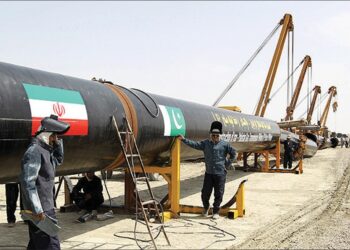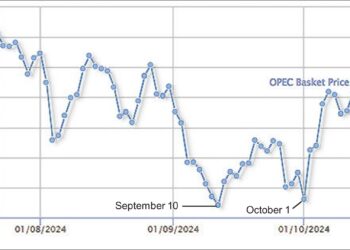on trade with the country, a federal appeals court ruled last Thursday.
Cubic Defense Systems had asked the US Court of Appeals for the 9th Circuit in San Francisco to overturn an international arbitration award Iran won over a decades-old contract dispute. But the appeals court refused, finding America’s interest in enforcing international arbitration awards outweighed the public policy against trade with Iran.
“We are not persuaded by Cubic’s argument, which gives too little weight to this country’s strong public policy in support of the recognition of foreign arbitration awards,” Judge Raymond Fisher wrote on behalf of the three-judge panel.
The dispute dates back to 1977, when Iran’s pre-revolution Ministry of Defense hired Cubic to provide an air combat system for the country’s military. Due to the revolution, the equipment was never provided, and the parties agreed to discontinue the contract and settle accounts later. Cubic Defense eventually sold the equipment to Canada.
In 1991, Iran brought an arbitration proceeding against Cubic Defense before the International Court of Arbitration of the International Chamber of Commerce and received a $2.8 million award, plus interest and costs. When Cubic Defense failed to pay, Iran took the unusual step of going into a US district court and suing Cubic.
A federal judge confirmed the award was enforceable, but denied Iran’s request for interest and attorney’s fees. Both Iran and Cubic appealed to the 9th Circuit.
Cubic argued that even if it wanted to pay, it couldn’t, due to US sanctions prohibiting virtually any transfer of wealth to Iran, including Cubic’s.
The appeals court asked the United States to submit its own brief in the case and provide guidance on the issue. The government said in the filing that even though American relations with Iran were tightly regulated, existing sanctions did not prevent the court from enforcing an international arbitration award.
In addition to upholding the $2.8 million award, the 9th Circuit also found that the district court has discretion to award interest and attorney’s fees in cases brought to confirm foreign arbitration awards.
The 9th Circuit sent the case back to the lower court to determine whether Iran is entitled to interest and fees.

















